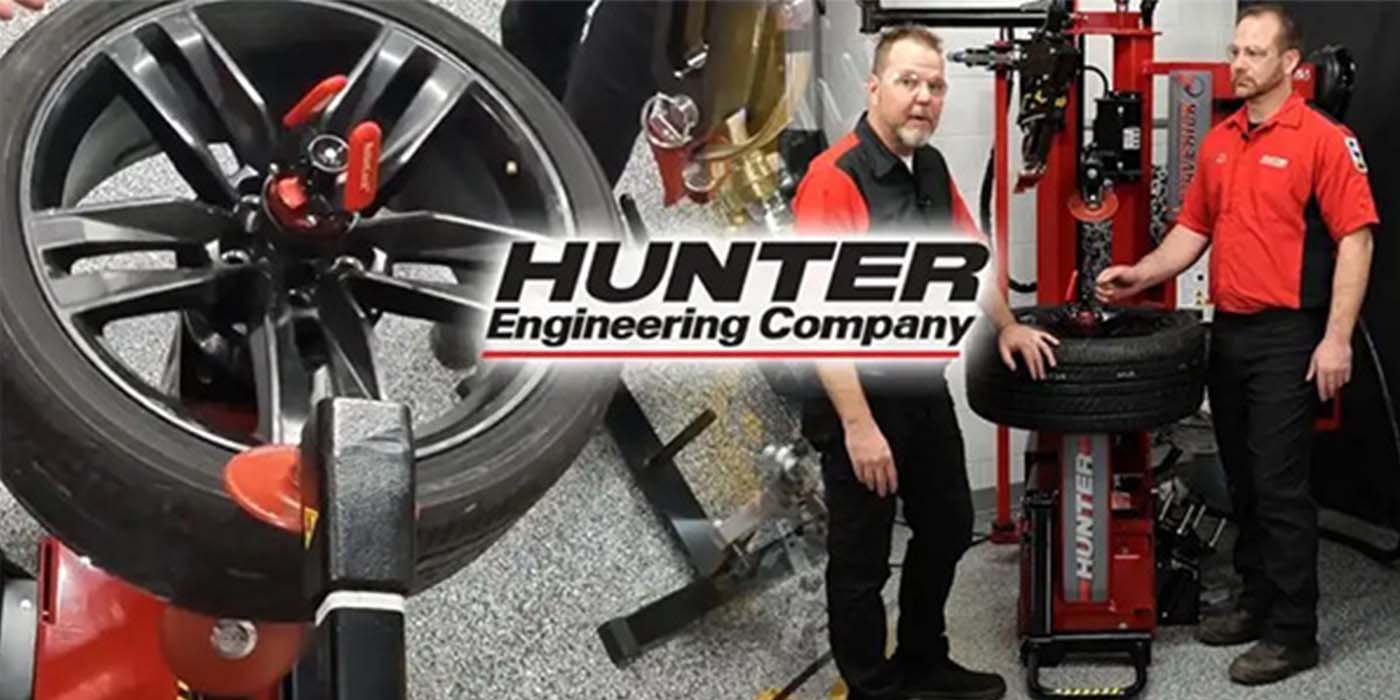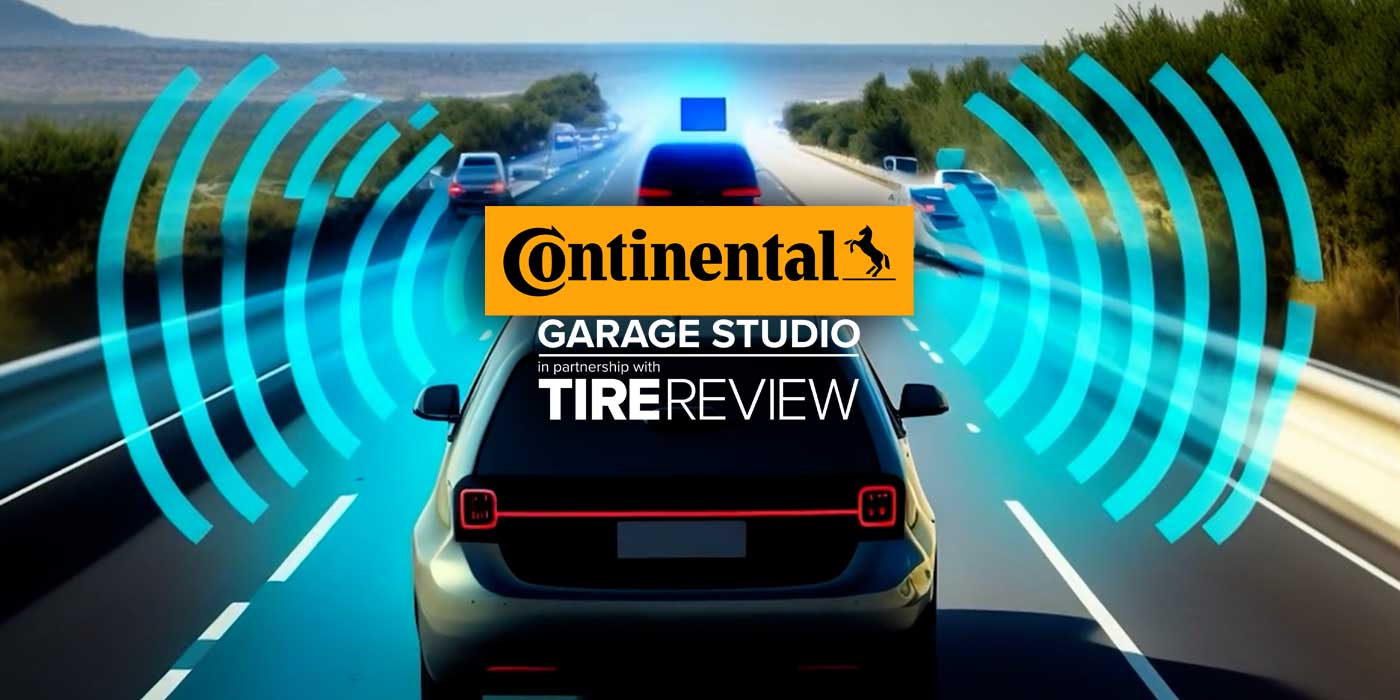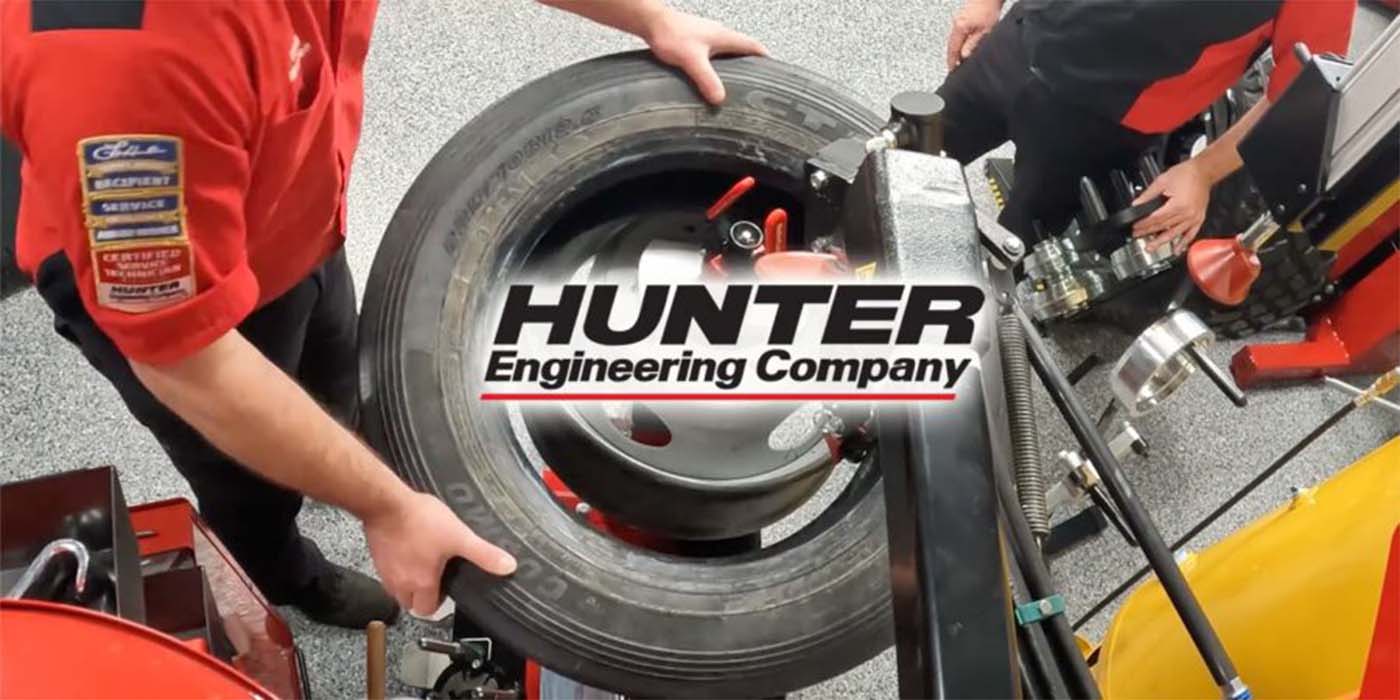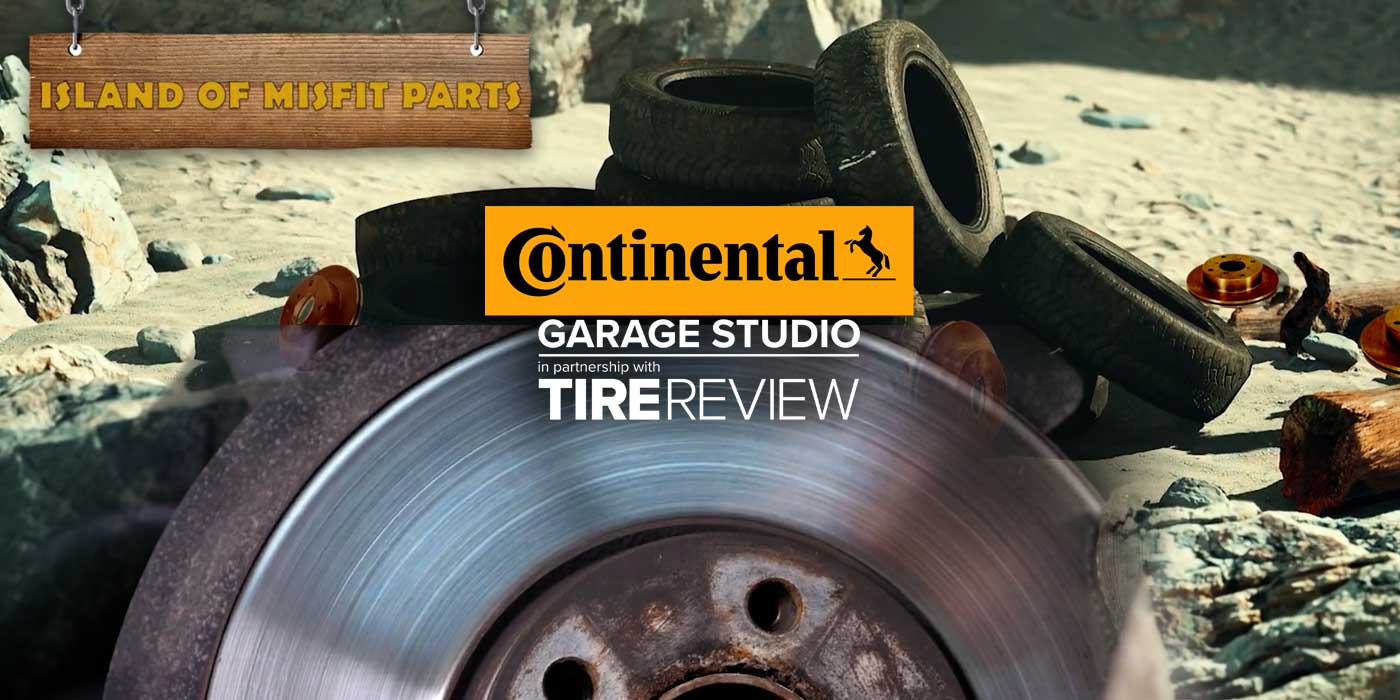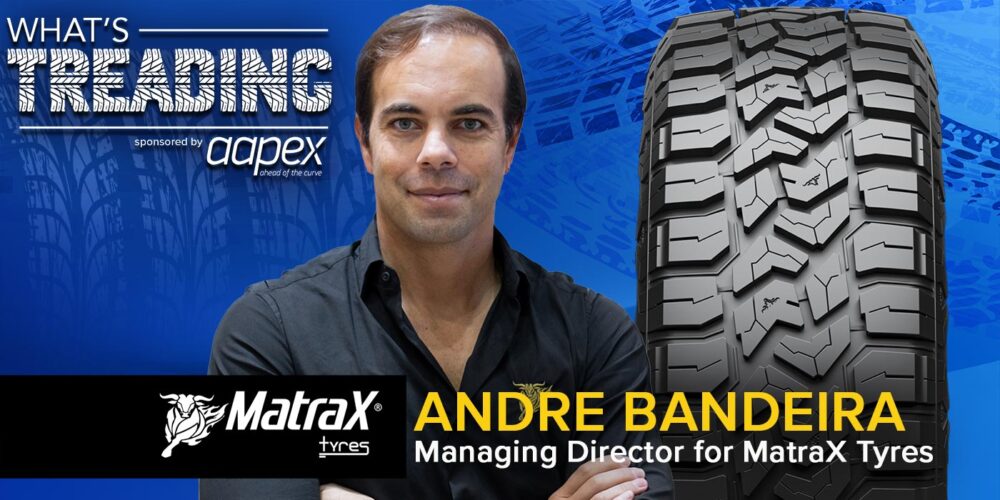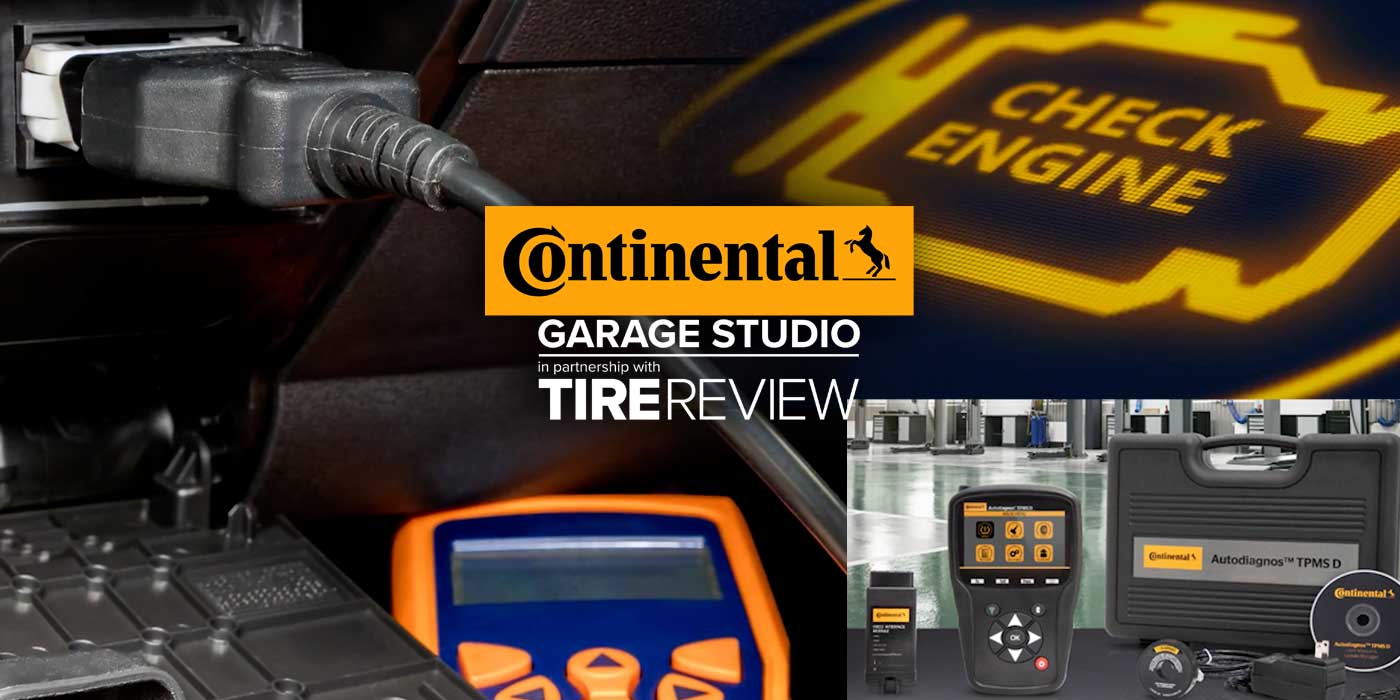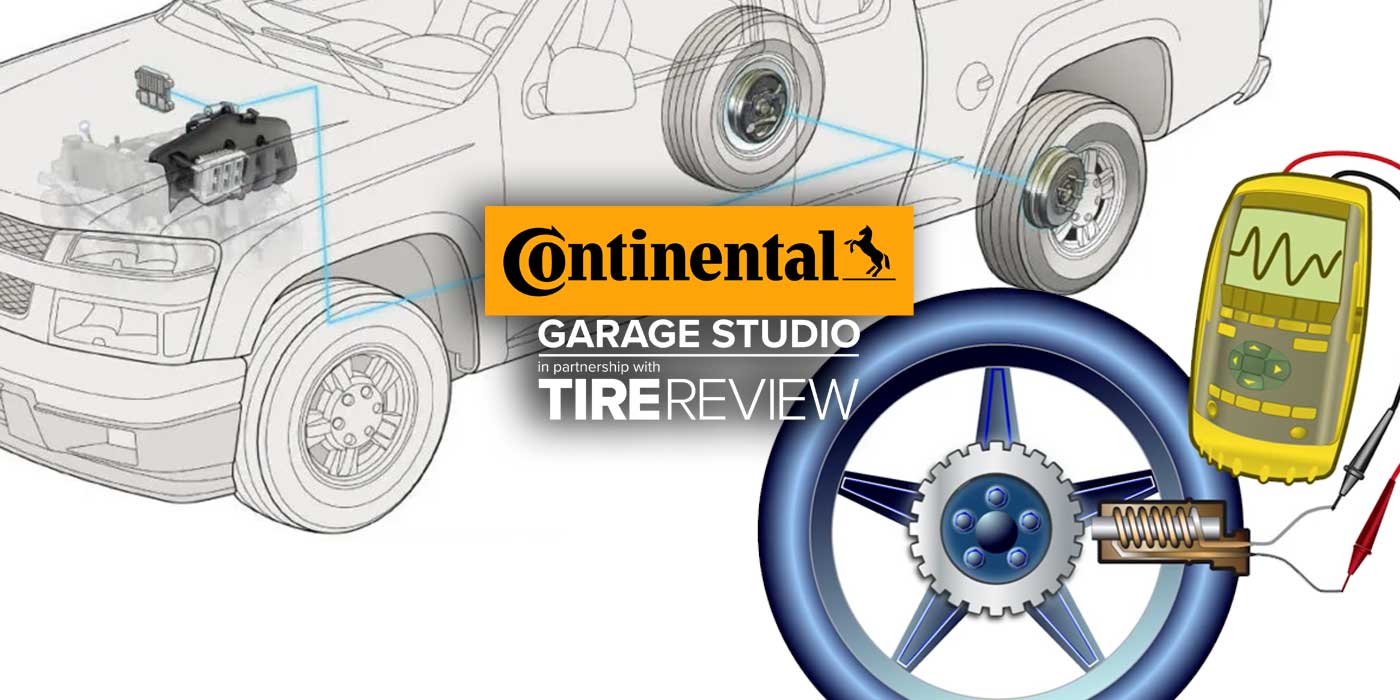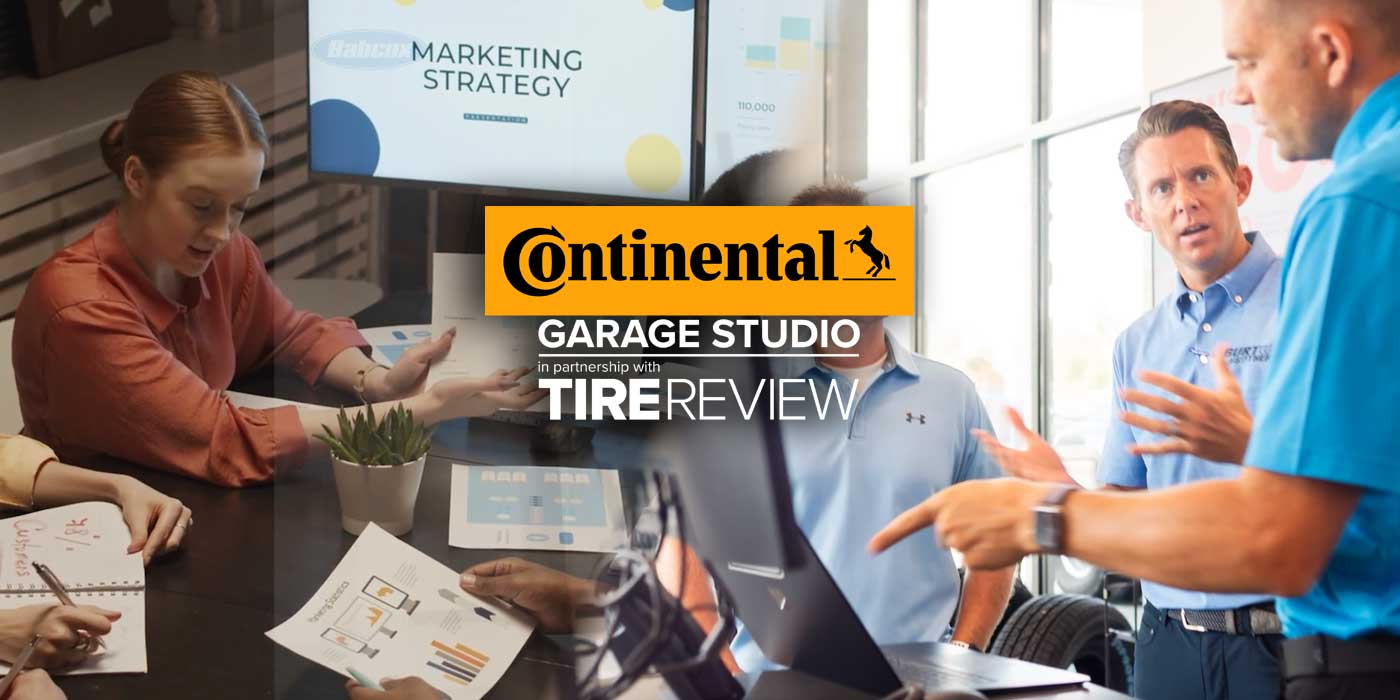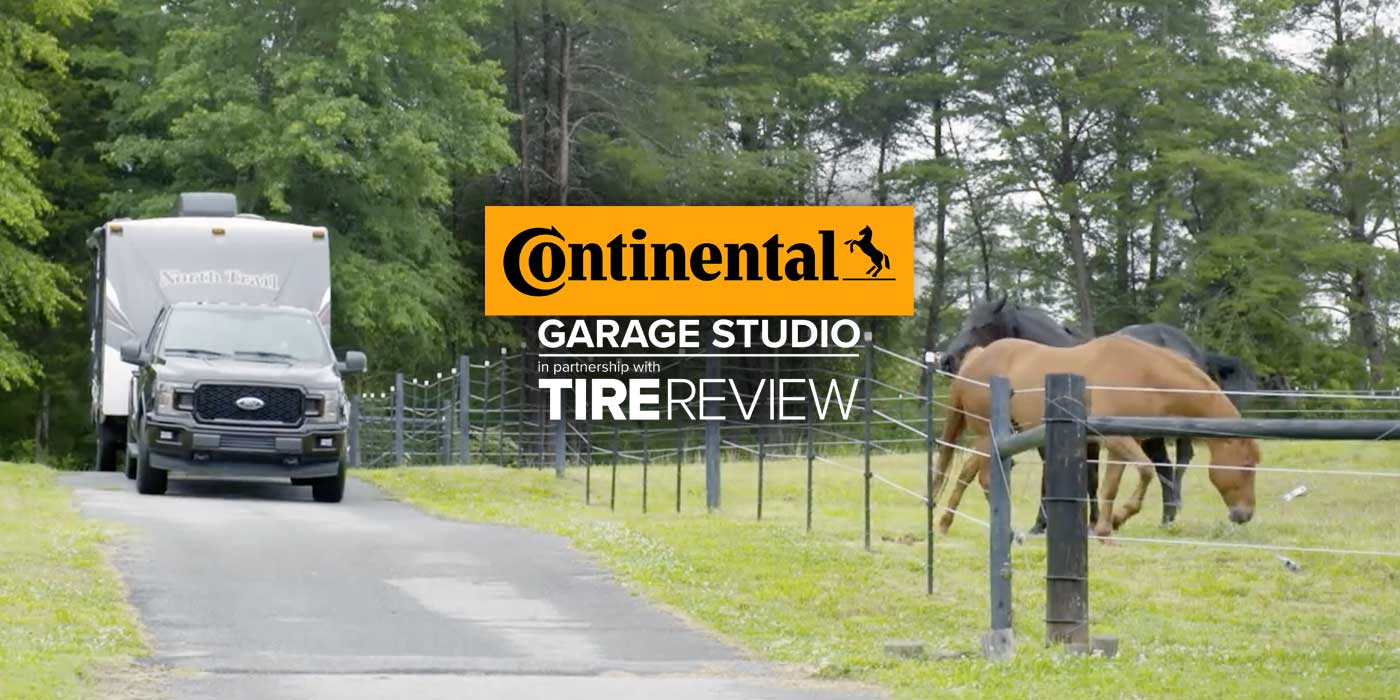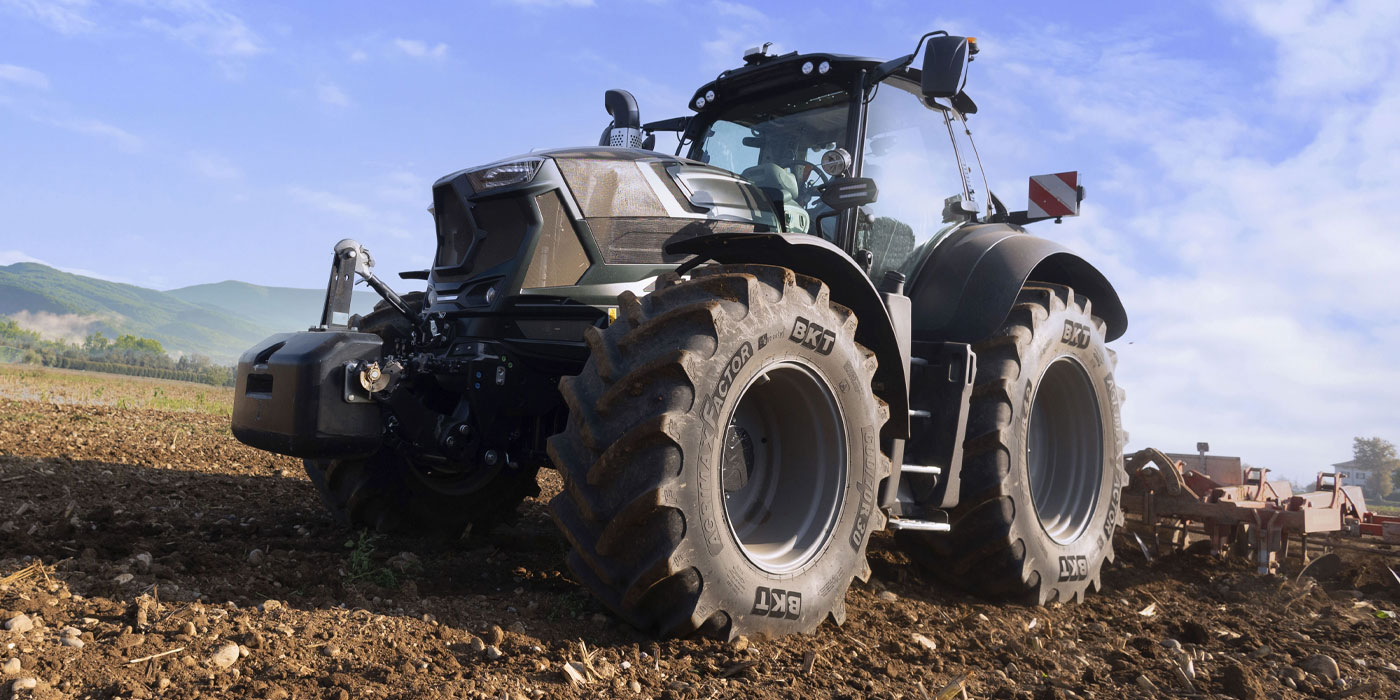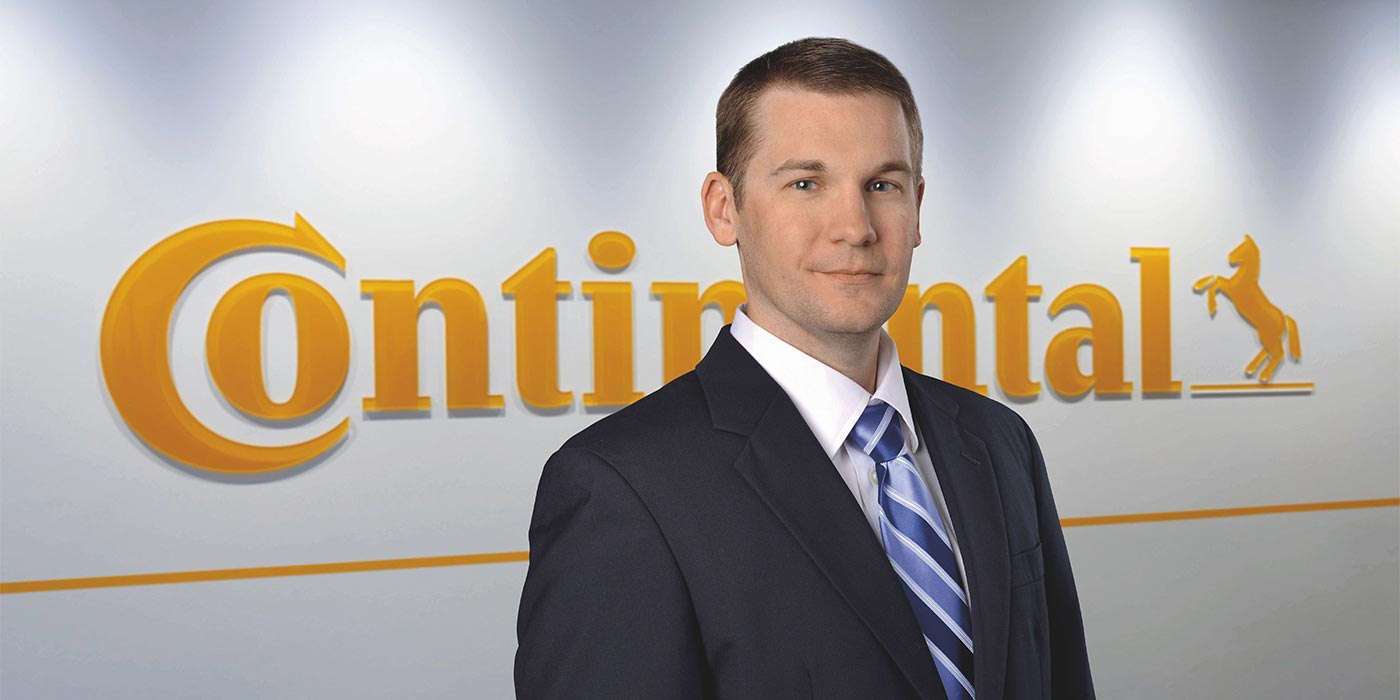Running a profitable and efficient tire dealership is closely linked to maintaining safe repair bays. Ensuring that technicians are adequately trained and adhere to safety regulations not only guarantees smooth operations but is also a legal obligation for employers. Failure to provide a hazard-free workplace can lead to significant fines.
In this Tire Review Continental Tire Garage Studio video, we talk about the Occupational Safety and Health Act of 1970 and how it keeps your business running safely and efficiently.
In 1970, Congress created the Occupational Safety and Health Administration (OSHA) to ensure safe and healthful working conditions for workers by setting and enforcing standards and by providing training, outreach, education and assistance.
According to OSHA, the term “service” in the tire industry encompasses various activities like demounting, mounting, inflating, removing, installing and handling of commercial tires. Therefore, it is crucial to bear in mind that all employees who encounter inflated commercial tires must receive appropriate training.
OSHA requires that employers have the service booklet displayed in all shop areas including service trucks. Regulations say techs must demonstrate proficiency in various tasks, such as demounting and mounting tires, handling rim wheels, and using restraining devices. Restraining devices and barriers must meet safety standards and be inspected regularly, and damaged devices should be removed from service.
Any bent, broken, or cracked wheel components should not be used either. After tire inflation, components should be inspected while still in the restraining device and can only be inflated when contained within a restraining device, positioned behind a barrier, or bolted on the vehicle with lug nuts fully tightened.
For general passenger and light truck tire service that you see every day, this type of service is considered less hazardous, so no specific OSHA regulations are dedicated to it. However, employers still have a general duty to provide a safe workplace under the OSHA Act of 1970, ensuring that recognized hazards leading to death or serious harm to employees are minimized or eliminated.
Don’t forget to follow us on Instagram and Facebook and subscribe to our YouTube channel for more tire, service and shop operations videos.

